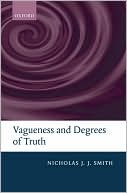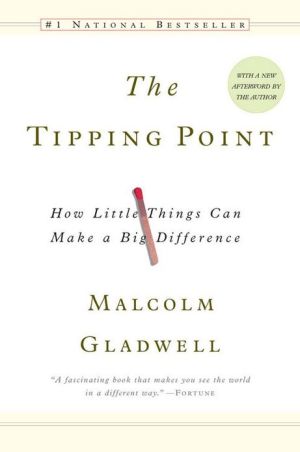Vagueness and Degrees of Truth
Search in google:
Nicholas Smith argues that an adequate account of vagueness must involve degrees of truth. The basic idea of degrees of truth is that while some sentences are true and some are false, others possess intermediate truth values: they are truer than the false sentences, but not as true as the true ones. This idea is immediately appealing in the context of vagueness—yet it has fallen on hard times in the philosophical literature, with existing degree-theoretic treatments of vagueness facing apparently insuperable objections. Smith seeks to turn the tide in favor of a degree-theoretic treatment of vagueness, by motivating and defending the basic idea that truth can come in degrees, by arguing that no theory of vagueness that does not countenance degrees of truth can be correct, and by developing a new degree-theoretic treatment of vagueness—fuzzy plurivaluationism—that solves the problems plaguing earlier degree theories.
Introduction 11 Beginnings 151.1 Toolkit 171.2 The Classical Semantic Picture 242 The Space of Possible Theories of Vagueness 332.1 Epistemicism (Deny Nothing) 342.2 Additional Truth Values (Deny 1a) 502.3 Truth Gaps (Deny 1b) 712.4 Supervaluationism (Deny 1c) 762.5 Plurivaluationism (Deny 2) 982.6 Contextualism 1132.7 Intuitionism (Assert Nothing) 1223 What is Vagueness? 1273.1 What Should We Want from a Definition of Vagueness? 1273.2 Existing Definitions of Vagueness 1333.3 Closeness 1403.4 Vagueness as Closeness 1453.5 The Advantages of Closeness 1594 Accommodating Vagueness 1754.1 Epistemicism 1754.2 Additional Truth Values and Truth Gaps 1864.3 Supervaluationism 1914.4 Plurivaluationism 1974.5 Contextualism 2005 Who's Afraid of Degrees of Truth? 2095.1 On the Very Idea of Degrees of Truth 2105.2 Classical Logic 2205.3 A Gated Community in Theory Space? 2245.4 Truth and Assertibility 2485.5 Truth-Functionality 2515.6 Denying Bivalence 2745.7 Different Senses of 'Fuzzy Logic' 2756 Worldly Vagueness and Semantic Indeterminacy 2776.1 Artificial Precision 2776.2 Sharp Boundaries 304Conclusion 317References 321Index 333








